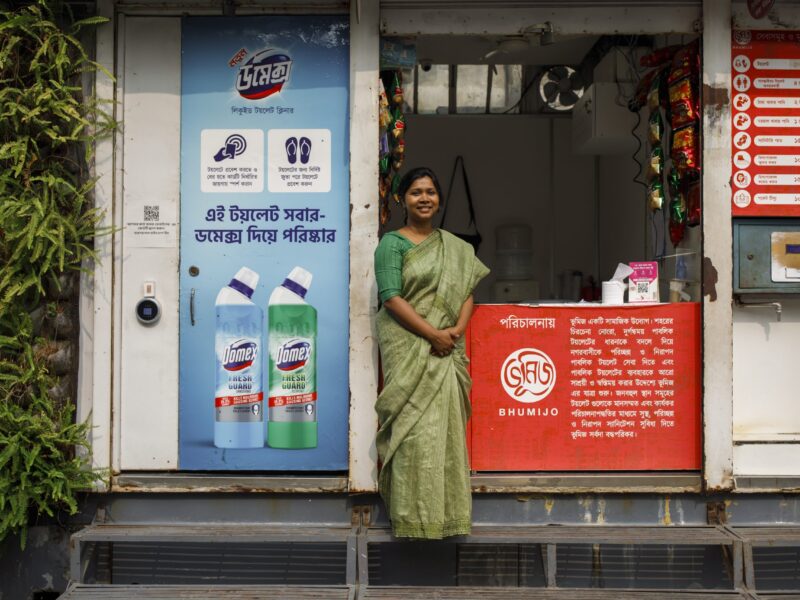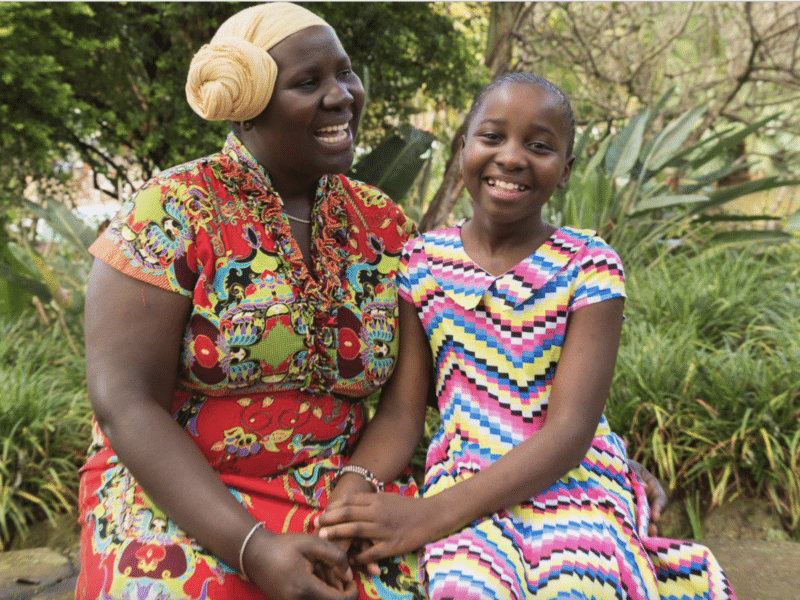I love football so much that my wife referenced the National Football League in our wedding vows. This passion was fostered through positive experiences playing in middle and high school, building friendships and having great mentors. Today, as a public health professional, my love of the game is juxtaposed with what I believe is a missed opportunity to expand the league’s impact on our communities, particularly with men.
As a researcher and advocate for increased promotion of men’s health messaging, the lack of thoughtful communication about men’s health during NFL games is concerning. In 2020, the NFL reported an average 17.1 million viewers per game, with the Raiders vs. Cowboys broadcast reaching almost 41 million viewers. Sunday’s Super Bowl will likely have 100 million viewers. Most will be men.
The NFL is a profit-driven league. Yes, we all understand the need to raise revenue through advertisements for products like beer, cars and insurance. The NFL is great at this, as their 2022 revenue was an estimated $17.1 billion. Education about men’s health topics is absent, even from national groups like the American Heart Association. While there are many pharmaceutical ads for products like Viagra and Lipitor, they are certainly not public health campaigns.
Men view and share issues like health concerns differently based on their level of friendship and context of the moment, research shows. Personal or revealing conversations about health among men are rare. Fear of judgment, particularly the perception of being weak, stifles opportunities for connection. cultural definitions of traditional manhood that suggests men should be intense, display their commitment to matters, be courageous, live independently, and most importantly: be tough. These are important characteristics for survival in many settings. Yet, their utility is limited when we are unable to open up and confide in others, we don’t get the help we need.
The NFL has a massive opportunity to promote accurate information about men’s health issues in the US. Raising awareness of health risks men face toward diseases like diabetes, lung cancer or destigmatizing mental health care, and raising awareness of alcoholism is important. Other topics could include suicide awareness, testicular cancer or prostate cancer, and the NFL could take a more proactive stance toward gender-based violence, as they committed several years ago. Research shows that men of all ages, ethnicities and social backgrounds are, on average, less likely than women to seek professional help for physical and mental health problems. Awareness is one piece of this puzzle that may encourage some men to act, but more is needed.
Research shows that many men feel a sense of shame to seek health services. This hit home for me. Recently, I refused to rest after getting a cold during the holiday break and avoided medication as I believed “my immune system would beat it.” Yeah, that didn’t work. Two weeks later, when I was still really sick, I was diagnosed with pneumonia. If my wife hadn’t seriously encouraged me to go into the doctor I might still be hacking around the house, or worse.
Partners are the reason why many men do seek health services. This finding highlights the importance of relationships in men’s lives. Research around relationships, specifically meaningful relationships, are linked with numerous health benefits, while feelings of loneliness have been associated with the opposite. When a man delays seeking care, it not only impacts him but also his family through the loss of wages, increased health care costs, and premature death. An NFL fan will watch approximately 24 hours of commercials across the course of a season. I challenge the NFL to test the impact effect of dedicating 30 minutes of those 24 hours to public service announcements that model scenarios where men open up to their partners and friends about their health concerns and are received positively.
On Sunday, the Super Bowl will charge $7 million for every 30-second commercial. Super Bowl commercials have become so legendary that many viewers tune in just for the quirky promotions of chips, beer, new technology and new trucks. Imagine the impact of men’s health messaging packaged in similar slick fashion, starring an NFL celebrity like Patrick Mahomes, Aaron Rodgers, or Lamar Jackson. The NFL could use its enormous platform to parlay their recent promotion of player safety into genuine education and opportunities to discuss issues that affect all men. How many men, families, and communities could benefit from a commitment by the NFL toward promoting men’s health?
Instead of watching NFL stars selling home insurance at commercial break after commercial break, what if they pitched the importance of doctor’s visits? Of suicide prevention? Of confronting gender-based violence? It couldn’t hurt and, more importantly, it could really help a lot.
Dominick Shattuck, PhD, MS, is an associate scientist at the Johns Hopkins Bloomberg School of Public Health and the research, monitoring, evaluation and learning director for the Johns Hopkins Center for Communication Programs-led Breakthrough ACTION project. He is a community psychologist who works on global public health topics including reproductive health, COVID-19 and masculinities and men’s health.




